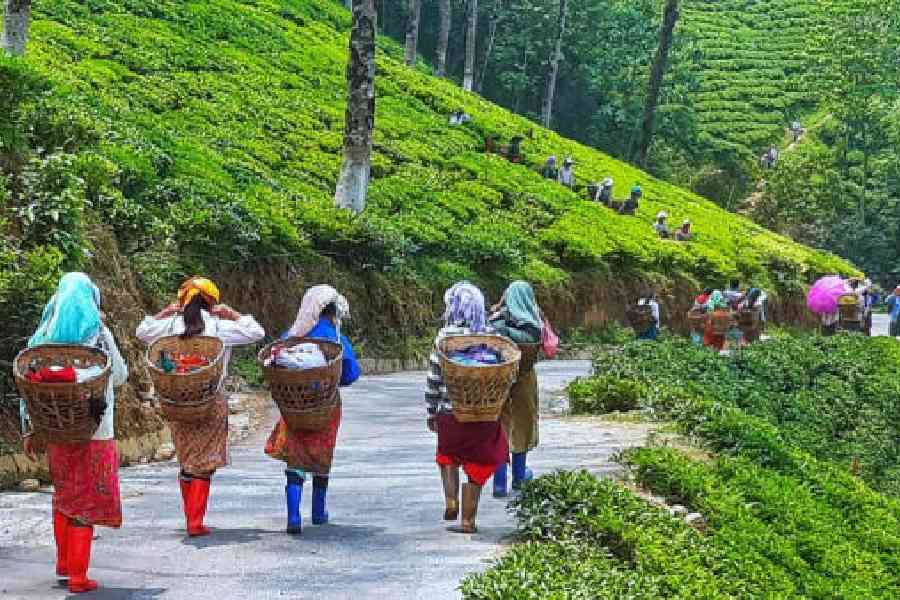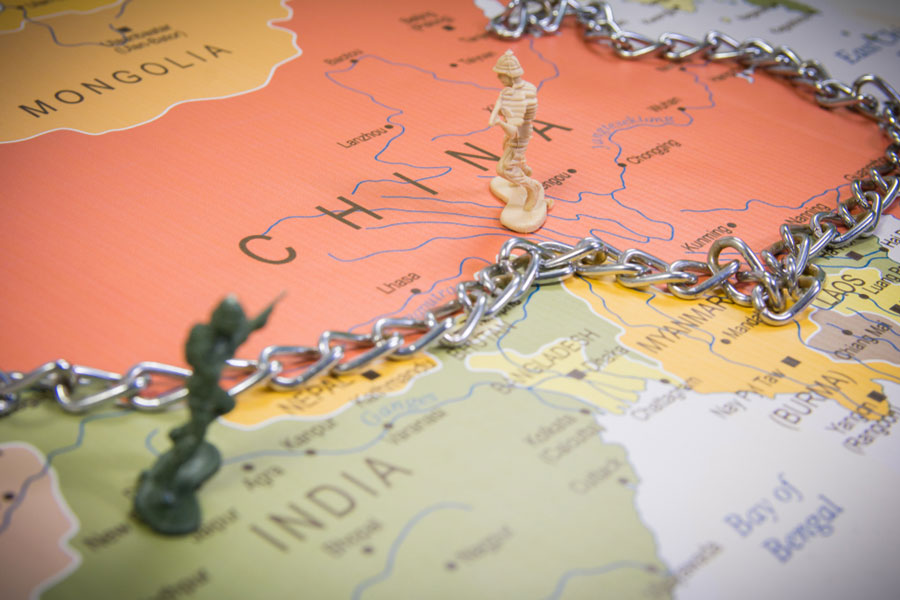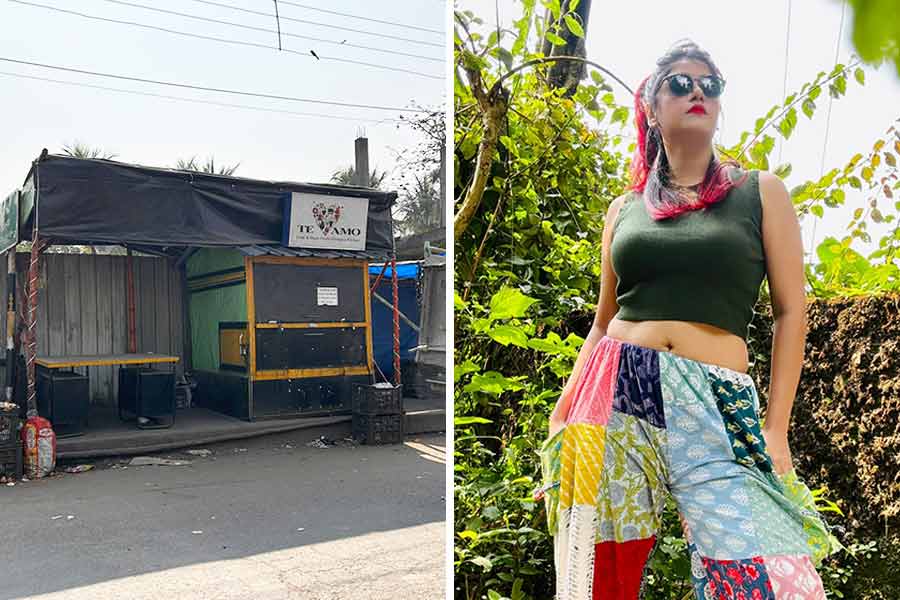Trade unions operating in the tea gardens of the Darjeeling hills are preparing to formulate a united plan to negotiate with planters to fix the annual bonus rate for workers.
For the first time in the Darjeeling tea sector, efforts are underway to bring together eight major tea garden workers’ trade unions before the next phase of bonus negotiations. “We have called a meeting of the eight trade unions in Darjeeling on Sunday,” said J.B. Tamang, the president of the Hill Terai Dooars Plantation Workers’ Union (HTDPWU).
HTDPWU is affiliated with the predominant Bharatiya Gorkha Prajatantrik Morcha (BGPM) led by Anit Thapa. Thapa is also the chief executive of the Gorkhaland Territorial Administration (GTA).
“We are reaching out to the trade unions of all political parties keeping aside our differences,” said Tamang.
According to statutory obligations, management has to pay a minimum of 8.33 per cent of the worker’s annual earnings as a bonus. The highest permissible rate is 20 per cent.
Every year, the rate is fixed through negotiations between unions and planters’
associations.
“Last year, the unions failed to put up a united fight,” said an observer.
Following a stalemate between the two parties, Kallol Banerjee, additional labour commissioner, north Bengal zone, had issued an advisory to the Darjeeling tea industry to pay a 19 per cent bonus. The percentage was similar to what was agreed on for the tea estates in the plains of north Bengal.
However, the advisory had also said the “financially stressed garden” could settle the bonus rate by management and trade unions “at the local level”.
Negotiations to fix this year’s bonus before Puja have started with the Darjeeling industry holding its first meeting on Monday.
“The management has started the negotiations with an 8.33 per cent offer, which was expected. We want 20 per cent,” said Tamang.
Bonus negotiations have never been smooth.
In 2019, hill leader Binay Tamang even sat on a hunger strike for a 20 per cent bonus.
However, many have also alleged that political parties do not always pressure the management on this issue.
“In the past, hill union leaders have maintained that they would ensure bonus negotiations start when the first flush is plucked in March so that they can put pressure on the management,” said an observer.
This meeting has never been held, and the planters, too, are opposed to holding it during the first flush.
In north Bengal, around 3 lakh people work in more than 350 tea gardens.











